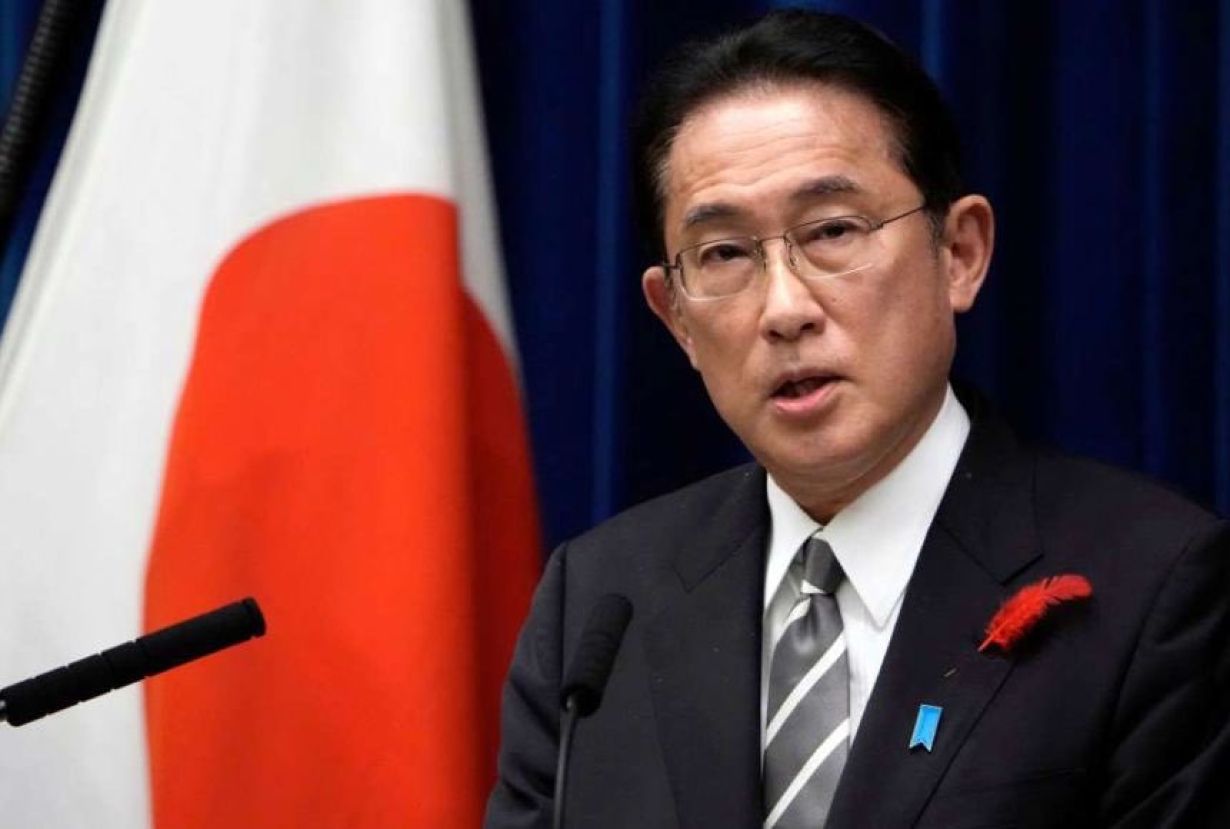World powers are racing to win the friendship of the Central Asian Republics (CARs) for various reasons. Its geological centrality, huge and unexploited hydrocarbon resources, and mineral wealth are vital factors.
The lingering Russian influence, particularly in the Soviet times when the Central Asian society transformed from medieval to modern ways of life, is also an attraction for the world powers to ensure their footfall in the region. It is a landlocked region with a deep connection with the Russian Federation even after the implosion of the Soviet Union in 1991.
With a 3,300 kilometers long border with the CARs, China was the first country to step into the region with its loans-based developmental agenda. The US, Saudi Arabia, Pakistan, and some other countries started sending their official delegates to explore the possibilities of filling the vacuum caused by the implosion of the Soviet Union.
To their great surprise, they found that Soviet-Russian influence had become deep-rooted. Their belief that the Central Asian States under Soviet supremacy were only vassal states shorn of statesmanship and creative political perception proved their ignorance of the society and history of the new-found region.
China’s exploration and exploitation of hydrocarbon and gas deposits in Kazakhstan was the overriding attraction to close, friendly relations with that country. At the same time, it became a catalyst for other countries not to lag behind China in wooing the CARs.
In the recent past, Turkey and France both made the Central Asia Region their priority for two different reasons. Turkey considers three Central Asian Republics, namely Kazakhstan, Uzbekistan, and Turkmenistan, co-ethnic and partially co-linguistic fraternity. Tajikistan falls in the category of Aryan ethnic sub-region with deep roots in ancient Iran’s Zoroastrian civilization.
The Kyrgyz people on the eastern fringe of Central Asia are of a mixed race where Christian missionaries of medieval times made their footprints visible. According to government estimates, approximately 7 percent of the population is Christian, of which 40 percent is Russian Orthodox.
Jews, Buddhists, Baha’is, and unaffiliated groups together constitute approximately 3 percent of the population. Because of the government’s strict control over the exploitation of negative religious sentiments, the Americans found it somewhat unproblematic to gradually increase its influence in Kyrgyzstan.
Enter Japan
Japan is the new aspirant for a role in Central Asia. Though her relations with Central Asia have a history, Tokyo shows a renewed interest in expanding manifold relations with the Central Asian Region.
Prime Minister Fumio Kishida is planning a visit to Central Asia sometime in 2024 for an inaugural summit with leaders of the C-5 nations, namely Kyrgyzstan, Uzbekistan, Kazakhstan, Tajikistan, and Turkmenistan.
In an article by Ryo Nemoto, a columnist for Nikkei Asia on November 21, says that Kyrgyz President Sadyr Japarov visited Tokyo on November 2 ahead of a planned visit to Central Asia by the Japanese leader next year.
In a joint press conference, the Japanese Prime Minister said, ”We will strengthen our cooperation for sustainable development, including in human resource development, infrastructure support, people-to-people exchanges and decarburization.”
The Kyrgyz President said that his country sought to help the Central Asian nation reduce its dependence on China and Russia. This was President Japarov’s first visit to Japan.
Japarov called Japan a friendly country and a close partner that shares similar views with Kyrgyzstan on developing democracy, political trade, and economic cooperation. Kyrgyzstan is a mountainous country with scant resources and depends heavily on Russia and China for its economy and security.
Interestingly, the columnist referred to at the beginning of this write-up has captioned the article in prying words: “Japan looks to wean Kyrgyzstan off reliance on China, Russia.”
Dependence
Moscow maintains a military presence in Kyrgyzstan. Remittances from migrant workers in Russia account for around 30 percent of Kyrgyzstan’s gross domestic product. For all the financial support the world community has offered, Kyrgyzstan remains economically dependent on Russia directly and through Kazakhstan.
Of late, not only Kyrgyzstan but almost all Central Asian States have been brought under the spotlight by the Russian invasion of Ukraine. It has deepened their apprehensions of dependence on Moscow for security.
China is Kyrgyzstan’s largest trading partner and holds over 40 percent of Kyrgyzstan’s state debt. Developing countries, including Kyrgyzstan, are increasingly wary of a “debt trap,” in which Beijing takes over rights to infrastructure when a borrower nation fails to repay lending.
Almost half (49%) of FDI in the Kyrgyz Republic comes from China, and the subsequent most essential investors are the Russian Federation (16%), Kazakhstan (8%), Germany (5%) and the United Kingdom (5%).

Japan’s Interest
In their joint press conference, the two countries’ leaders have broadly underlined the areas in which they could make input. This notwithstanding, Japan praised Kyrgyzstan as the first Central Asian country to pursue the policy of democratizing its system and introducing a market economy after it had declared its independence in 1991.
Another factor for Japan to have footprints in Central Asia is a proposal of summit-level dialogue between C-5 and Russia, China, the US, Germany, the EU, and the Gulf Cooperation Council. Japan rightly looks for her place in the political chemistry of Central Asia in global political chemistry.
Conclusion
Knowledgeable circles believe that when Kishida visits Central Asia for the summit in 2024, the agenda will likely include creating a Caspian Sea Transportation route that bypasses Russia and measures to support introducing renewable energy to promote decarburization.
Tokyo also plans to increase opportunities for Kyrgyz citizens to work in Japan under its “specified skilled worker” visa. The Nikkei Asia staffer discloses that the Japan International Cooperation Agency is expanding its “One Village, One Product” project in the country, which promotes women’s social advancement and helps people escape poverty by producing and selling local specialties.
- KN Pandita (Padma Shri) is the former director of the Center of Central Asian Studies at Kashmir University. Views Personal.
- Mail EurAsian Times at etdesk(at)eurasiantimes.com
- Follow EurAsian Times on Google News